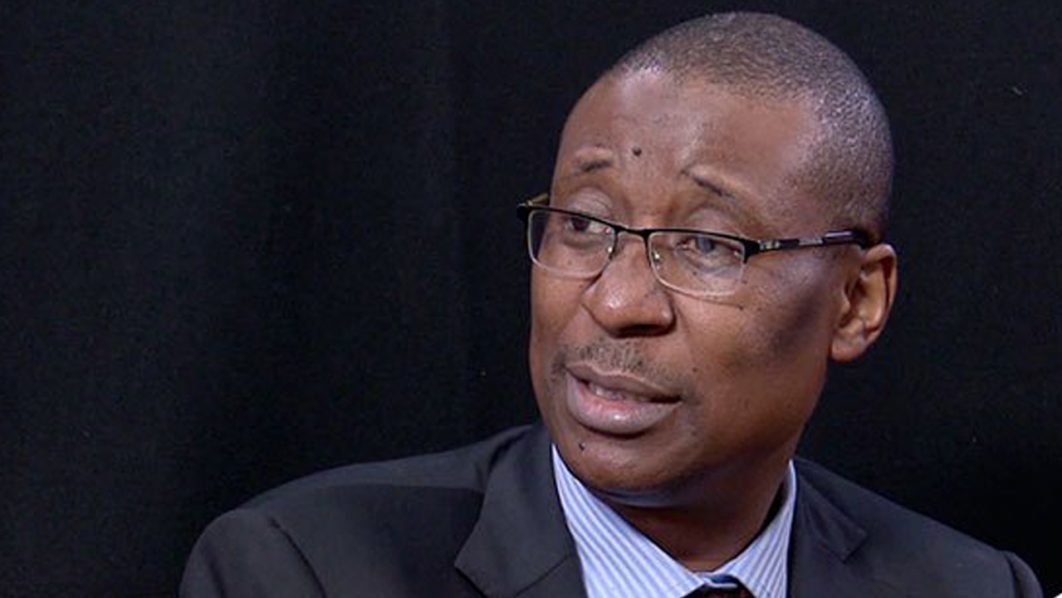- Nigeria Targets Fresh Investments From 15 Countries
The Nigeria Investment Gateway, in conjunction with the Infrastructure Concession Regulatory Commission and the National Office for Technology Acquisition and Promotion, among other agencies of government, are targeting fresh investments into the country from about 15 other nations.
Some of the countries being targeted to bring in fresh investments into Nigeria in the near future are the United States, United Kingdom, Thailand, Brazil, South Africa, France, Germany, Spain, Indonesia and China.
Speaking at an international symposium in Abuja, which focused on investments in the country and had heads of various government agencies in attendance, the Chairman, NIG, a UK-based firm engaged in promoting Nigeria as an investment destination, Chidi Umeano, said some of the countries were being asked to come and set up factories in Nigeria.
He stated, “We are targeting 15 countries that we currently do business with the most, both in terms of import and export, such as the United States, the UK, Thailand, Brazil, South Africa, France, Germany, Spain, Indonesia and China.
“We are using this forum to invite them to come into Nigeria to set up factories. We are asking them to come in and transfer their knowledge to Nigerians. We also want them to come in and show us what they are doing in order to boost our economy, as thousands of jobs will be created.”
Umeano also stated that the symposium was organised to internationalise Nigerian-based products and enable local entrepreneurs to get access to foreign currency, adding that “this is because we have products that can meet international standards.”
He said the NIG had entered into partnerships with stakeholders across the globe to provide diverse services through the execution of targeted interventions that showcased Nigeria as the true financial giant of Africa.
On his part, the Director-General, NOTAP, DanAzumi Ibrahim, stated that it was important to attract investors who would invest in Nigeria in order to further cut down on capital flight from the country.
He said the issue of capital flight and repatriation of funds by some companies operating in the country were of serious concern to the agency, adding that more than 90 per cent of the technology that powered the Nigerian economy was imported.
“The implication is that huge funds leave the shores of this country in terms of technology import,” Ibrahim added.
He, however, noted that through the application of thorough analytical process in the registration of companies importing technology into Nigeria, NOTAP had been able to save over N200bn for the country in the past few years.

 Forex2 weeks ago
Forex2 weeks ago


 Naira2 weeks ago
Naira2 weeks ago
 Billionaire Watch2 weeks ago
Billionaire Watch2 weeks ago




 Naira2 weeks ago
Naira2 weeks ago




 Naira2 weeks ago
Naira2 weeks ago




 Naira4 weeks ago
Naira4 weeks ago


 Naira6 days ago
Naira6 days ago
 Banking Sector4 weeks ago
Banking Sector4 weeks ago




















